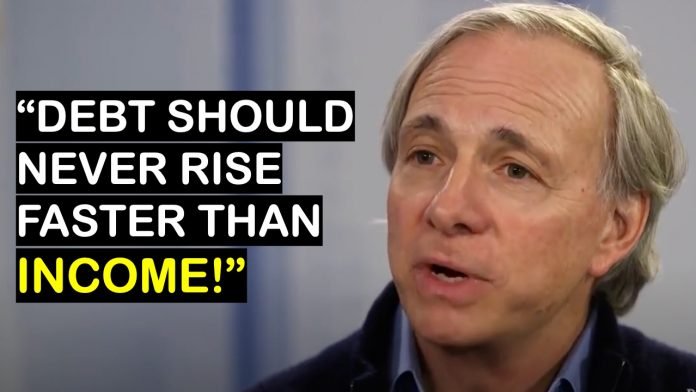
In economics, deflation is a decrease in the general price level of goods and services. Deflation occurs when the inflation rate falls below 0%.
Inflation reduces the value of currency over time, but sudden deflation increases it.
In the short term, deflation impacts consumers positively because it increases their purchasing power, allowing them to save more money as their income increases relative to their expenses.
But the long-term problem with deflation is that often it can contribute to lower economic growth.
This is because deflation increases the real value of debt – and therefore reduces the spending power of firms and consumers. Also, falling prices can discourage spending as consumers delay their purchases.
Deflation expectations can make consumers wait for future lower prices. That reduces demand and slows growth.
Deflation is worse than inflation because interest rates can only be lowered to zero.
In this video, Ray Dalio talks about deflation.
Source: Finance Jane.



